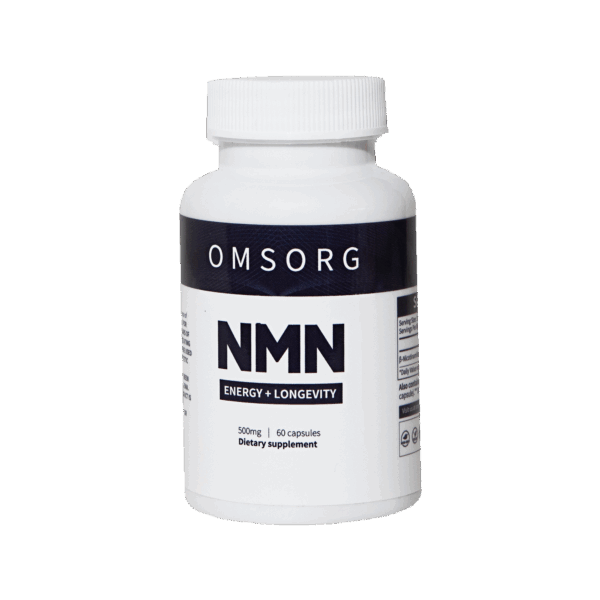Free standard shipping on orders over AUD 100 / SGD 90 / NZD 100



NMN (Nicotinamide Mononucleotide) and daily probiotics represent two revolutionary approaches to enhancing overall health and well-being. NMN is a precursor to NAD+ (Nicotinamide Adenine Dinucleotide), a molecule critical for cellular metabolism, energy production, and longevity. Daily probiotics, on the other hand, support gut health, immune function, and mental clarity by cultivating a balanced gut microbiome. Taken together, these two supplements offer complementary benefits that can potentially amplify health outcomes.
NMN plays a pivotal role in boosting NAD+ levels, which fuel cellular metabolism. Higher NAD+ levels enable cells to function efficiently, repair DNA, and produce energy. Probiotics contribute by enhancing nutrient absorption in the gut, ensuring that essential vitamins and minerals reach the cells effectively. Together, NMN provides the energy needed for optimal function, while probiotics ensure the body can efficiently utilize nutrients.
Probiotics strengthen the immune system by modulating gut microbiota, which is closely linked to immune activity. They help maintain a protective barrier against pathogens. NMN complements this by supporting the cellular repair mechanisms that keep immune cells active and responsive. This dual action ensures both systemic and cellular immunity are optimized.
NMN is renowned for its anti-aging properties, particularly in its ability to restore youthful cellular function and slow down age-related decline. Probiotics contribute by reducing inflammation, a key driver of aging. When combined, NMN supports longevity on a molecular level, while probiotics help mitigate chronic inflammation and oxidative stress, two factors that accelerate aging.
Probiotics are increasingly recognized for their role in the gut-brain axis, influencing mood and cognitive performance through the production of neurotransmitters like serotonin. NMN supports brain function by providing cellular energy and enhancing mitochondrial efficiency. Together, they form a powerful alliance to improve focus, memory, and mental clarity.
For individuals undergoing physical stress, illness, or treatment for medical conditions, this combination offers resilience. NMN aids cellular repair and regeneration, while probiotics support digestive health and immune strength. This partnership allows the body to recover more effectively and maintain homeostasis.
To maximize benefits, take NMN and probiotics as part of your daily supplement routine. Probiotics are typically consumed with meals to promote digestive support, while NMN is best taken in the morning for energy and metabolism. Choosing high-quality, scientifically-backed formulations ensures efficacy and safety.
NMN and daily probiotics are powerful allies in the quest for holistic health. Their combined benefits—spanning cellular energy, gut health, immune strength, anti-aging, mental clarity, and recovery—create a synergistic effect that enhances quality of life and supports long-term well-being. Incorporating these supplements into your routine offers a proactive approach to health optimization, enabling you to thrive physically and mentally.